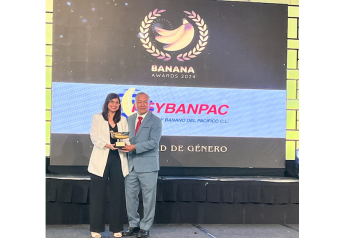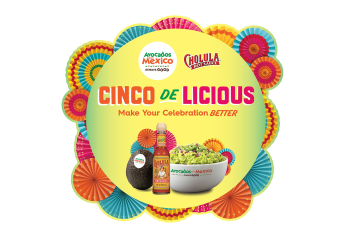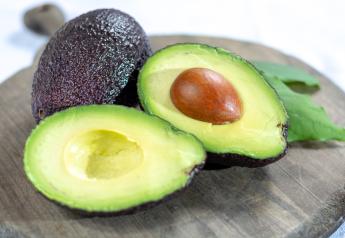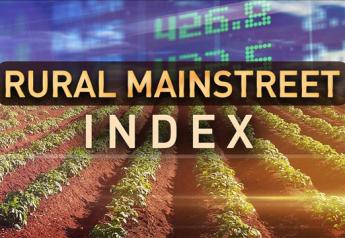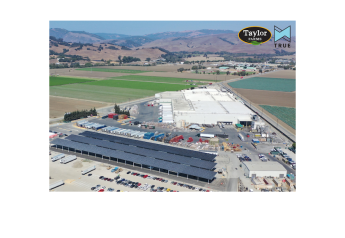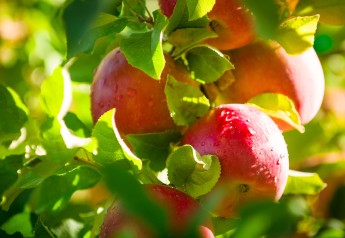Organic produce sales on the rise at retail
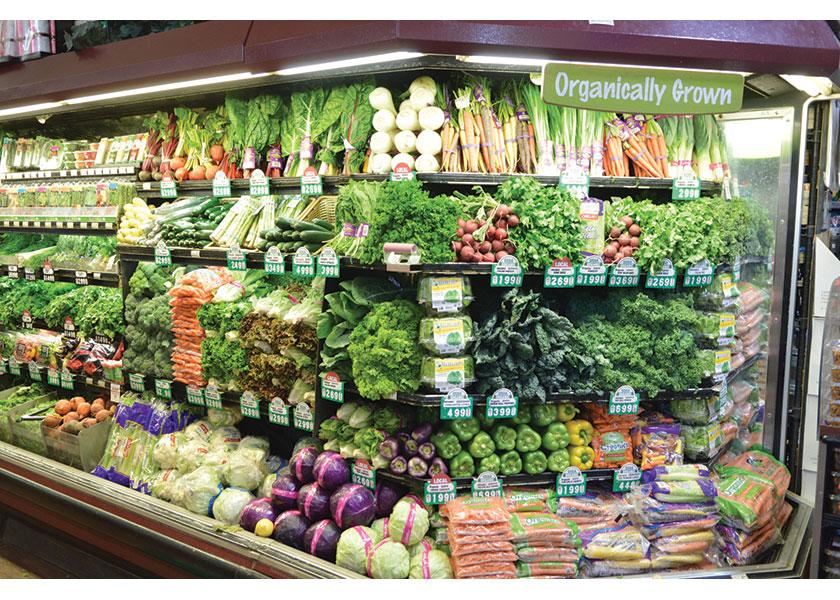
Retail sales of organic produce have experienced noticeable gains during the pandemic, but not necessarily because of the public’s desire to eat healthier.
The sales uptick, which also has been enjoyed by conventional fruit and vegetables, may be more the result of shutdowns of other out-of-home channels for purchasing produce, said Steve Lutz, senior vice president of insights and innovation for Idaho, Falls, Idaho-based Category Partners LLC.
“The trends that we saw pre-pandemic of organic carrying a slightly higher growth rate than conventional have pretty much remained consistent,” he said.
It’s difficult to say whether consumers are choosing organic fruit and vegetables because they may be perceived to be more healthful than conventional, he said.
But organic produce does come with a health halo that often is cited by users as a reason they buy it, Lutz said.
“There has been a steady, modest conversion of people moving from conventional items to organic items,” he said. “It doesn’t appear that it has necessarily been accentuated by COVID.”
The main reason organic consumers give for buying organic produce is the perceived healthfulness of the product — it’s better for you from a nutrition standpoint, and it has lower levels of pesticide residues than conventional — he said.
Sustainability also comes into play for younger consumers.
The price premium over conventional produce is the main reason consumers give for not purchasing organic produce, Lutz said.
Shoppers are not likely to pick those items up if the price differential between organic and conventional is so great that they feel they can’t afford organic fruit and vegetables.
Accessibility and occasionally quality are other factors than can affect purchasing decisions.
If organic products are not readily available at local supermarkets, consumers are not going to buy them, he said.
Bananas are far and away the No. 1-selling organic item in the produce department, he said.
They’re followed by carrots and apples.
“Historically, bananas have come on strong because they have among the smallest price premiums in the produce department between conventional and organic,” he said.
The price differences between organic and conventional vary by commodity.
The per-pound price difference between conventional and organic bananas is 13 cents, he said.
“That’s the lowest in the department.”
The gap for carrots is 38 cents and for apples, it’s 62 cents.
“On average, it’s still about double for an organic item versus a conventional product,” Lutz said, though he expects the gap to narrow.
From a dollar standpoint, organic packaged salads top the list, followed by strawberries and apples.
Bananas are No. 8 in dollar sales and carrots come in at No. 7.
Packaged salads have the second-highest price variance between conventional and organic — about an 80% price premium — Lutz said.
“Anecdotally, that 50% to 60% price premium range is where you see the items that are really driving the volume,” he said.
“As you move outside of that, you can probably generate dollars, but you’re going to pay for it in terms of loss of volume.”
Turning to packaging, Lutz said that the trend away from packaged produce seems to have been disrupted by the pandemic.
“You’ve got COVID overriding everything and creating shifts in purchase patterns,” he said.
The long-term trend among consumers, especially younger consumers, seems to be away from plastic packaging, he said.
“The challenge is that that doesn’t always seem to play out at retail,” Lutz said.
“Packages that are proliferating, like the gusseted pouch bags, are having tremendous success at retail and tremendous success with consumers.”
On the organic side, he attributes some of the lack of enthusiasm for sustainable packaging to the fact that the growth in the category seems to be coming from new consumers, not hard-core organic buyers.
“My belief is that as a result, those new consumers that are increasingly picking up these items don’t carry the same level of sensitivity to packaging — particularly plastic packaging — that core organic consumers carry.”
“If the sustainability issues were front and center and the most important purchase criteria, I don’t think those products would be as successful as they are,” he said.
Related articles:
Focus on health spurs organic fruits and vegetables retail growth
GOPEX offers in-depth look at organic numbers, trends
U.S., U.K. reach organic equivalency agreement


